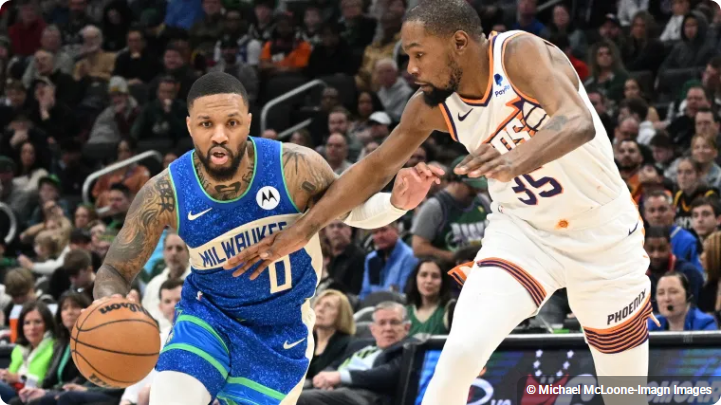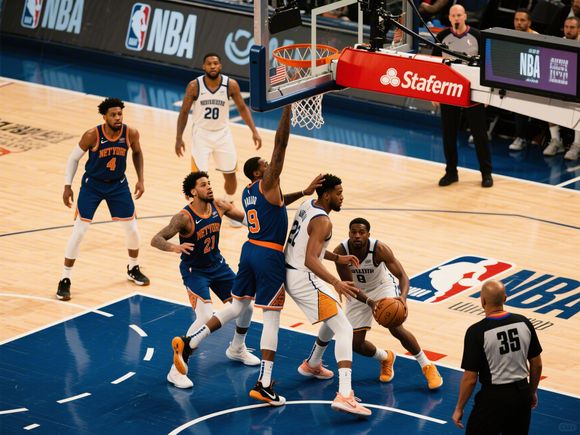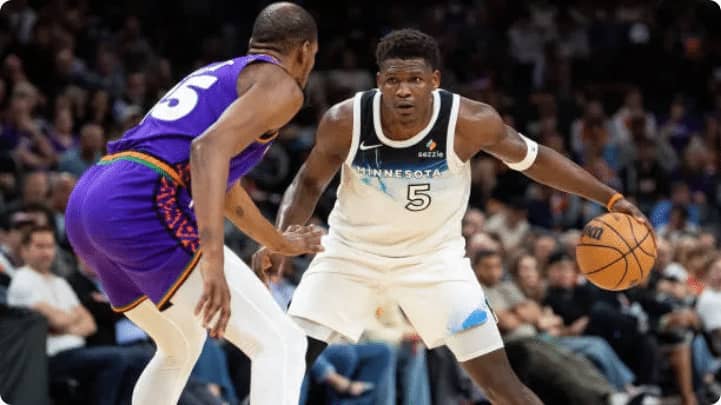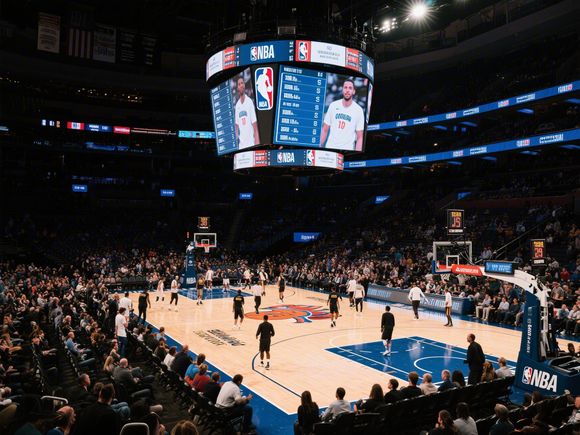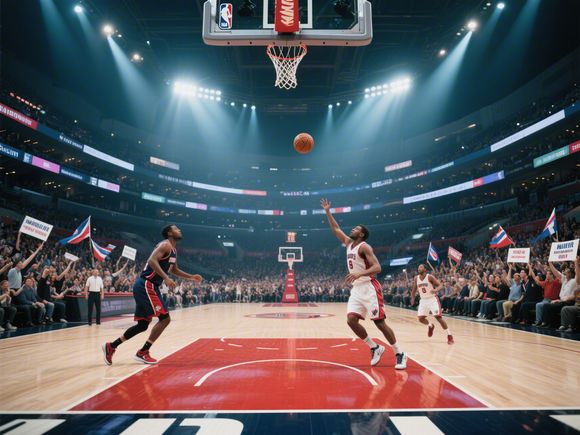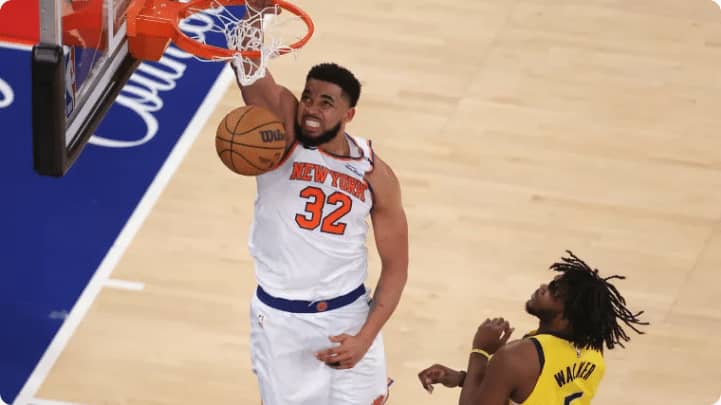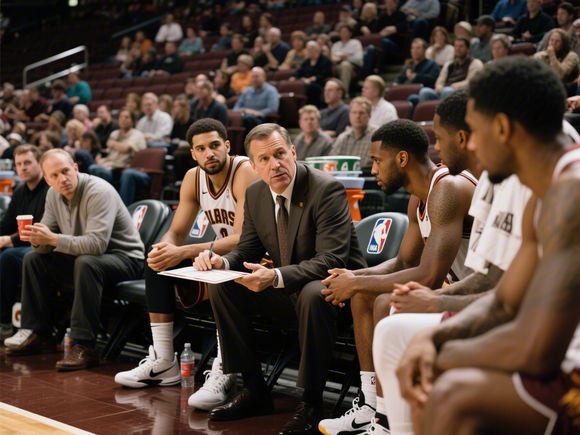Breaking Down the Timberwolves’ Bold Bid to Acquire Kevin Durant in a Three-Team Blockbuster
FEEL UNSTOPPABLE IN GEAR THAT MOVES WITH YOU.
From lightweight running shorts to moisture-repellent jackets – every piece is crafted for peak performance and head-turning style.
Need sports gear? Get it on sale now – discounts you can’t resist! <--ClickThe Minnesota Timberwolves are once again at the center of NBA trade speculation, with reports indicating they’re revisiting a potential blockbuster deal to land Phoenix Suns superstar Kevin Durant this offseason. Despite a near-miss at the 2025 trade deadline due to Salary Cap constraints tied to the NBA’s second apron rules, the Wolves are positioned to reignite talks as they navigate roster flexibility and organizational changes. Here’s a deep dive into the mechanics, motivations, and implications of this high-stakes pursuit.
The Trade Framework
A proposed three-team deal gaining traction involves the Timberwolves, Suns, and Atlanta Hawks. Here’s how it could unfold:
Timberwolves Receive
- Kevin Durant
- A 2027 second-round pick (via Atlanta)
- A 2031 second-round pick (via Atlanta)
Suns Receive
- Julius Randle
- Mike Conley
- A 2028 first-round pick swap
Hawks Receive
- Donte DiVincenzo
- Royce O’Neale
Key Motivations
Minnesota’s Championship Push
The Wolves’ core of Anthony Edwards and Rudy Gobert has delivered back-to-back Western Conference Finals appearances but fallen short of a title. Adding Durant, a two-time NBA champion and one of the league’s most efficient scorers, would transform them into a legitimate contender. Durant’s ability to stretch the floor, create his own shot, and mentor Edwards—with whom he bonded during the Paris Olympics—aligns perfectly with Minnesota’s long-term vision. However, the Wolves must address salary cap hurdles. With Randle ($30.9 million player option) and Naz Reid ($15 million player option) both eligible to opt out, Minnesota could shed enough salary to operate below the second apron, freeing up flexibility to absorb Durant’s $52.7 million cap hit for the 2025-26 season.
Phoenix’s Rebuilding Imperative
The Suns, stuck in salary purgatory due to the Bradley Beal contract and lacking draft capital, face a reset. Trading Durant—who is 98% likely to be dealt this offseason—would net them Randle, a versatile forward averaging 18.7 points and 7.1 rebounds last season, and Conley, a veteran playmaker. The 2028 pick swap adds future flexibility, though Phoenix’s lack of control over its own picks complicates long-term planning.
Atlanta’s Role as Facilitator
The Hawks, seeking bench upgrades, would acquire DiVincenzo (a dynamic sixth man) and O’Neale (a 40% career 3-point shooter) while staying under the luxury tax. This move addresses Atlanta’s needs for shooting and defensive Versatility without mortgaging its young core.
Roadblocks and Risks
Salary Matching Complexity
Both Minnesota and Phoenix are currently above the second apron, which restricts trade flexibility. The Wolves’ ability to renounce Randle and Reid’s cap holds—and the Suns’ willingness to absorb Conley’s $10.8 million salary—will be critical.
Ownership and Front Office Uncertainty
Minnesota’s pending ownership transition and President Tim Connelly’s contract status add layers of unpredictability.
Durant’s Preferences
While Durant has expressed interest in playing with Edwards, his desire for a Contract extension—potentially beyond the 2025-26 season—could deter teams like Houston, which has also pursued him.
Ripple Effects
Timberwolves
A starting lineup of Edwards, Durant, Gobert, and Jaden McDaniels would combine elite scoring, rim protection, and perimeter defense. However, relying on young Guards like Rob Dillingham to replace Conley’s leadership poses risks.
Suns
A trio of Devin Booker, Randle, and Beal could keep Phoenix competitive in the short term, but long-term sustainability hinges on draft capital and Beal’s health.
Hawks
Improved depth could push Atlanta into the Eastern Conference’s upper tier, though Trae Young’s supporting cast remains a work in progress.
Conclusion
The Timberwolves’ pursuit of Durant represents a calculated gamble to vault from contender to champion. While hurdles like salary constraints and organizational flux persist, Minnesota’s aggressive front office and Durant’s desire to win now create a compelling case for this blockbuster. As the offseason unfolds, all eyes will be on whether the Wolves can turn speculation into reality—and rewrite their franchise’s destiny.
Keywords
Kevin Durant, Minnesota Timberwolves, Phoenix Suns






